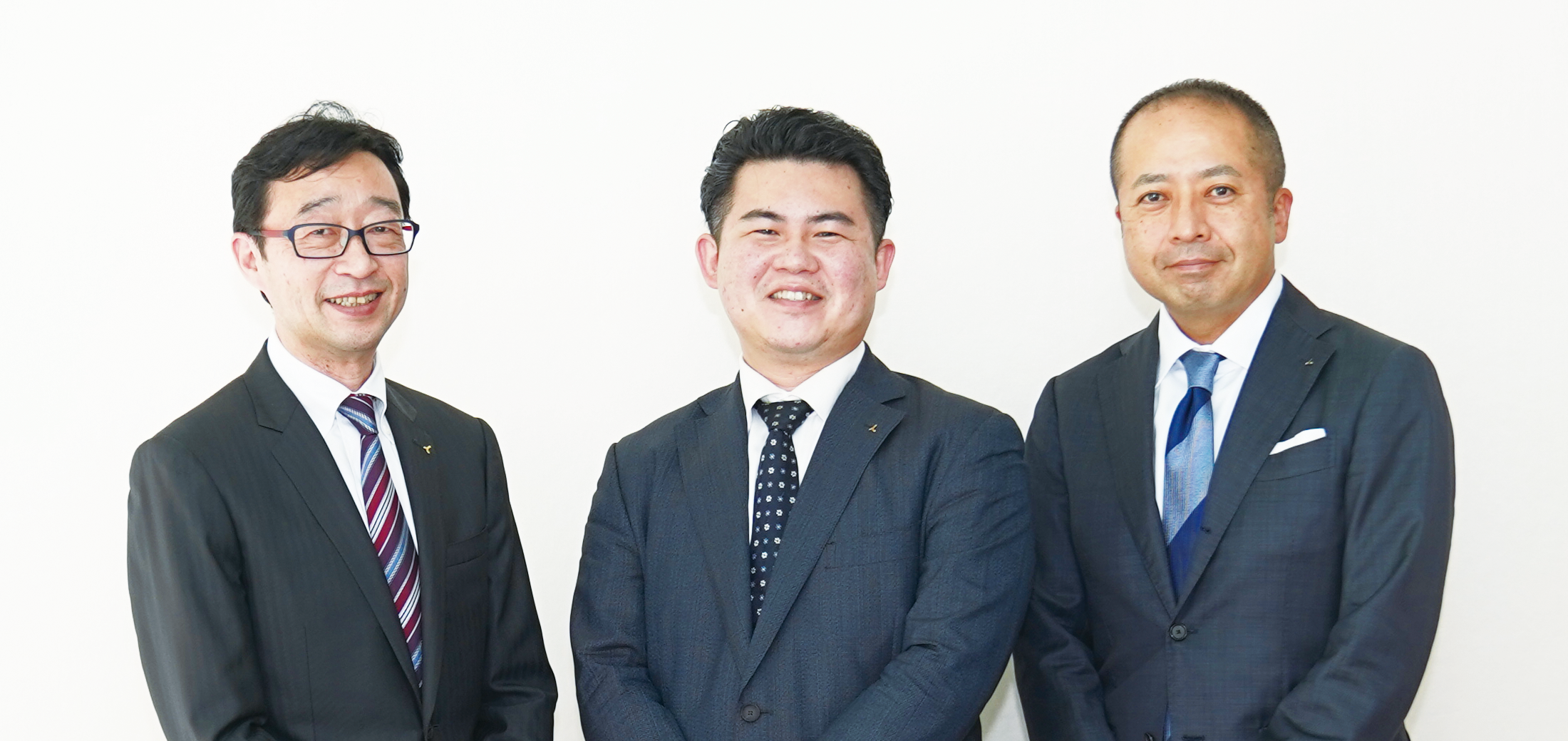
Unshared knowledge costs money.
Find out how much your company is losing with this first-of-its-kind workplace productivity study by Panopto and YouGov.
We all have those moments.
We all have those moments when something we’re working on gets stuck waiting for input from another team member.
When a colleague asks for information or advice, most of us are usually happy to share our expertise. But if we’re never asked, if we’re unavailable, or if we’ve left the company to start a new job somewhere else, then we can’t share what we know. And that leads to frustrations and inefficiencies that really add up.
This report puts a dollar value to those inefficiencies. We surveyed 1001 US employees across a variety of industries to learn as much as we could about their experiences using (and having to cope without) their coworkers’ institutional knowledge. What we found is that companies suffer from unshared knowledge in two ways: first, in making employee onboarding less efficient, and second, in making day-to-day work less productive.
The results are staggering. For the full report, and to calculate how your company fares, read on…

Meet Kelly. And Kelly’s Expertise.
Every job has its nuances. Every organization has its own customs and culture. Every employee, therefore, ends up with knowledge that no one else has. And that “unique knowledge” is your company’s most valuable asset.
To help illustrate the value of unique knowledge, we’d like to introduce you to Kelly. Kelly’s expertise helps her work efficiently, handle tricky situations, and do all the other things that make people great at their jobs.
There’s just one problem: Kelly’s expertise never leaves her side. So, for her coworkers to take advantage of it, they have to go through her.
What does that mean for Kelly’s company? Watch the video to find out.
You Waste Millions Every Year
Without Realizing It
We all acquire unique knowledge over the course of our careers. That knowledge is why the first month at a new job is so much harder than the twenty-first. But because this kind of knowledge is so open-ended, we rarely measure its value. And when we take stock of what makes our companies productive, we tend to overlook it.
But that’s an expensive oversight – one that leads to wasted time and employee frustration:

60% of employees report that it is difficult, very difficult, or nearly impossible to obtain information from their colleagues needed to do their job.

Employees spend 5.3 hours per week waiting for information. These delays have a major impact on project schedules — 66% will last up to a week, and 12% a month or more.

81% of employees are frustrated when they cannot access the information they need to properly do their job.
How Much Are You Losing By Failing to Share Knowledge?
Number of employees in your organization
peopleAverage annual employee turnover in your organization
%Average employee hourly earnings
dollarsHours per week employees spend waiting for information or “reinventing the wheel”
hoursMonths required for a new hire to feel proficient in their role
monthsHours per week during onboarding that new hires spend on “inefficient learning”
hours
Approximately how much of your organization’s internal knowledge could reasonably be documented and shared?Almost noneA limited amountAn average amountMost of itAll of it
When you introduce a new technology in your workplace, how many of your employees typically use it?Almost noneA limited amountAn average amountMost employeesAll employees
Annual Productivity Cost
You are losing $40.6M in annual productivity due to delays in sharing knowledge, and $4.2M due to inefficient onboarding — for a total of $44.7M in productivity lost each year!
Total annual cost in lost productivity
(Calculations shown in U.S. dollars. The cost of inadequate knowledge sharing was calculated by combining expected annual productivity losses from inefficient information exchange with inefficient onboarding of new employees. Annual productivity loss was calculated as the product of a firm’s Number of Employees x Average Hourly Wage x Weekly Hours Spent Inefficiently x Weeks per Year x Utilization Assessment Rate x Adoption Assessment Rate. Onboarding inefficiency costs were calculated as the product of Number of Employees x Annual Employee Turnover x Average Hourly Wage x Months to Proficiency in a New Job x Weekly Hours Spent Inefficiently x Utilization Assessment Rate x Adoption Assessment Rate.)
The Workplace Knowledge and Productivity Report

Companies who preserve and share their institutional knowledge benefit from faster onboarding, higher productivity, and ultimately, a positive impact on the bottom line.
How much? The answers are unique for every business. But the figures in our report offer a compelling look at the value of proactive knowledge sharing.
Just fill out the form on this page to get your free copy of the complete






